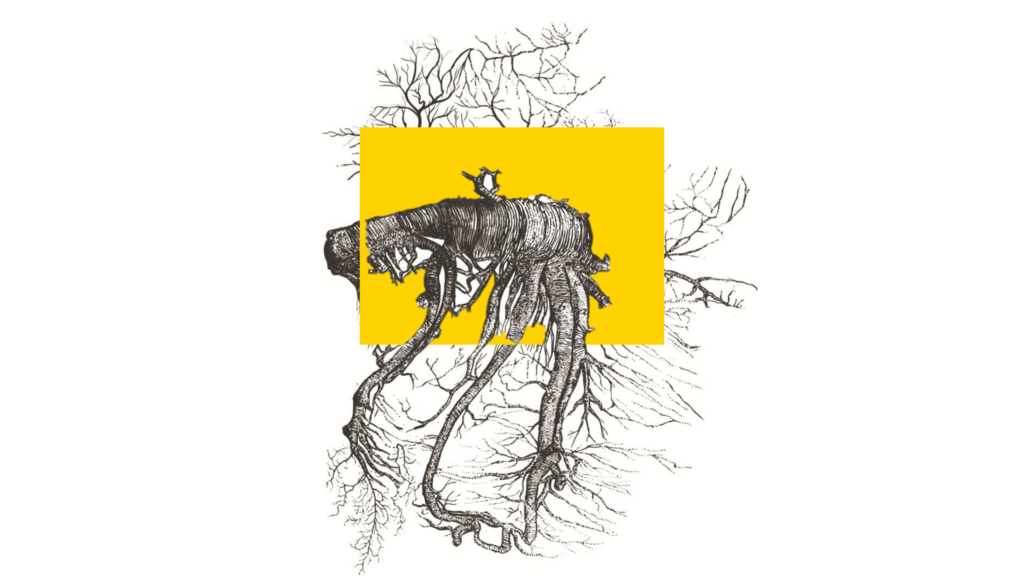PhD Course
Critical studies of power, politics and governing: Anti-essentialist analysis
The aim of this course is to introduce and deepen the understanding of employing an anti-foundational perspective in research. After an introductory overview of three contemporary post-structuralist approaches – assemblage thinking, discourse theory and governmentality studies – the course deepens discussions on topics such as: How can relevant research problems be articulated? What is the role of normativity in designing a study? How can analytical clarity and persuasion be achieved? How can research be disseminated in impactful ways? In more theoretical terms, this means that we emphasize the linkages between ontology, epistemology and methodology for designing, conducting and critiquing anti-foundational research.
Summary of key themes
- The relationship between ontology, epistemology, and methodology in anti-essentialist reseach.
- Major anti-essentialist perspectives, such as discourse theory, governmentality studies, and assemblage thinking
- Epistemological questions of normativity, problematization, analytical clarity, research relevance, and impact
The course is particularly suited for doctoral students seeking to strengthen the theoretical and methodological foundations of critical and anti-essentialist research.

Application and Fee
The course is limited to 10 participants.
To apply, simply write a maximum 1 page letter where you briefly describe your background, research interests and in what way the course would benefit your work. Participants will be selected based on the relevance of the course to the applicant’s research interests and needs, as well as with the aim of composing a dynamic and diverse study group that supports fruitful academic exchange.
Fee: The cost of the course is 120 EURO and will cover lunches, coffee and one joint dinner during the meet up.
Apply by sending your letter to tomas.mitander@kau.se no later than March 31.
You will receive a decision april 10.
The online modules will open on may 18.
The physical meet up is august 26-28.
practical information: travelling, accommodation and participation
We have prepared a page with information regarding practicalities for getting to and from Karlstad for those that participate in the course.
More information: Practical information: travels, accommodation and participation
preparation
Participants are expected to have prior familiarity with poststructuralist or closely related critical perspectives.
Course format
The course is convened as a combination of online and on-site activities. For the online parts we use the platform Canvas. Participants will find more detailed information there.
- Preparatory phase (online, includes a start-up meeting through zoom)
Readings, pre-recorded materials, short written reflections, and online discussions conducted through digital learning modules. Starts in may. - On-site meeting
Prominent invited lectures, seminars, and participant presentations during a three-day meet up in Karlstad, Sweden in august 26-28. - Writing phase
After the on-site meeting, participants write an individual course paper (approximately 5,000 words) applying the course content to their own PhD project. The paper will be presented and discussed at an online seminar.
Credits and certification
The course can either be finalized after step 1 and 2 for 5 credits, or after all steps for 7,5 ECTS credits. A signed certificate of completion can be issued for those who need it in order to register credits at their home departments.
syllabus
You can download the syllabus here:
contact and questions
If you have questions, please contact Tomas Mitander, coordinator for the Research Group on Power, Politics and Governing.
